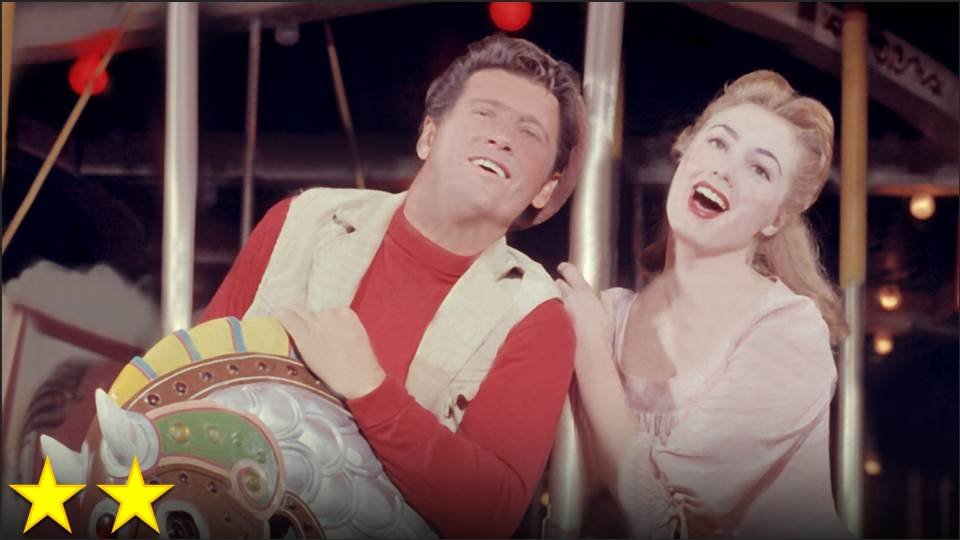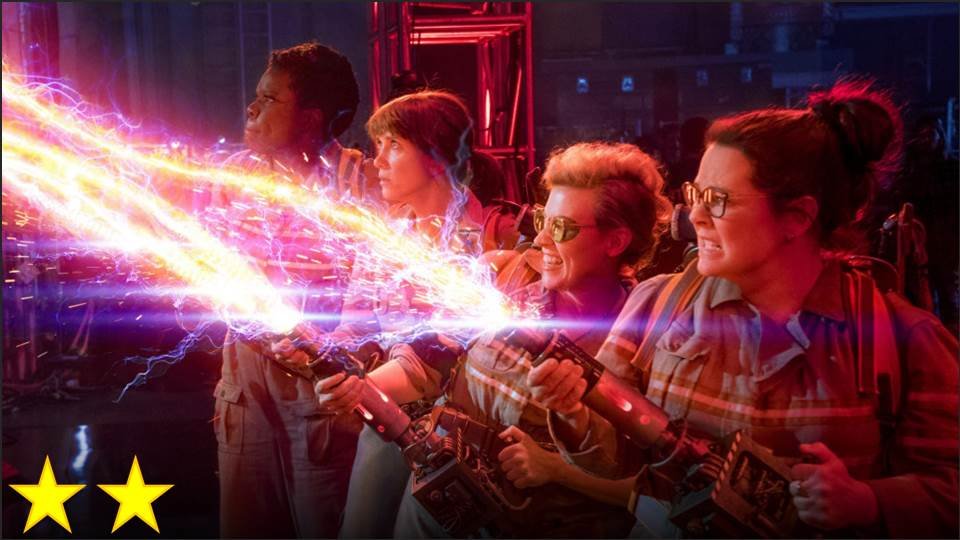People who find out that I dislike Elf tend to assume that I am either a Scrooge or a devil. The truth is that I am a skeptic.
As I often explain, this means I like reason, logic, the scientific method, asking questions, and staying curious. What I dislike is the promotion of belief. When I say belief, in this case, I mean it the way my English 101 professor defined it: something accepted as truth based on faith. The problem here is that belief and faith are essentially interchangeable terms: it’s hard to define one without the other, and the best way out of this definition cycle is to incorporate terms like conviction or assurance into the cycle, which just widens the circle without breaking it. This is by design though – the whole point of “believing” is that you don’t have good, logical reasons for your views, but you choose to accept them anyway (generally because they bring a sense of “hope,” as is implied by the excellent definition of faith offered by Hebrews 11:1). The problem with belief, or at least this kind of belief, is that it discourages questioning and challenging ideas, which makes it the enemy of the skeptic.
This is why I get so annoyed with Hollywood films, and I often use Elf as my primary example of this issue. In this film, being a bad person is synonymous with being a skeptic, which in this case means believing Santa Claus does not exist. Becoming a good person, according to logic of Christmas films such as Elf, is directly tied to becoming a believer. The father exemplifies the Hollywood metamorphosis from bad to good: he starts out heartless, but then he realizes that his family is more important to him than his job, and from there he gets to see some sign that Santa is real (namely, he meets Santa, but seems unsure as to whether or not it’s really him). He then opens his heart by singing Christmas songs, and then becomes a believer in Santa, and then is finally free to be a happy, loving, and moral person. Note how singing the Christmas carol, even when one does not believe in the words, serves as a sort of speech act, verbally claiming one’s “faith” until an actual belief develops, which is commonly done when converting to a religion. In other words, what Elf is promoting is a religious kind of faith in Santa Claus – a belief regardless of belief, in a sense – and it assumes that this belief is tantamount to having a happy spirit.
We have to consider how significant this really is. Every year, we are indoctrinating children with these ideas, and we are re-training our own adult brains to think in these terms. We teach our children and ourselves that morality comes with faith. Even if you don’t accept the moral problem here, at least consider how absurd it is that we want to watch movies that tell us to believe in Santa Claus. Santa Claus is the one thing in this world that every adult knows about, but doesn’t believe is real, and yet, here we are telling ourselves to pretend it’s real so that we can be good people. How insane could a culture be?
I should be able to stop here; the case is closed, right? No, because I now have to address an important objection to my argument: why Elf? If this problem runs rampant throughout other Hollywood films – particularly Christmas movies – why is it Elf that always works me up? Why not The Polar Express?
Indeed, The Polar Express is far more evil than Elf, or at least it’s more explicit and extreme in its propagation of the same evils. The title song is called “Believe” for a reason – that’s the message of nearly every scene in the movie. Every few minutes, the protagonist is taught not to ask so many questions, and the importance of following one’s heart is drilled into the viewers head more times than I can count. What hurts me the most is that the unnamed hero really isn’t closed-minded – he’s curious, as is demonstrated by the fact that he’s looked into the question of Santa Claus and collected evidence to inform his views, like a good thinker. In my opinion, this means he is a very good person at the start of the film – someone we should want to be a leader someday – but it is the girl (the believer) who is told to lead, and the protagonist who is told to believe. Stories designed to discourage curiosity and questioning, such as many of the fairy tales in the Germanic tradition, have infamously been used as tools to empower dictators, so I cannot help but see The Polar Express as a danger akin to Triumph of the Will.
Yet, there are many good reasons why I harp on Elf more than Polar Express, although the first reason has nothing to do with the contents of either film. Because people talk about Elf more, they are far more likely to bring up Elf around me, so my rants on this topic are usually sparked by Elf just because folks want to know why I’m not a fan. As for the film itself, it isn’t a terrible movie, apart from the aforementioned ethical issue. It begins on the highest note possible, with allusions to classic Christmas specials and old family films, narrated by the brilliant and legendary Bob Newhart. The problem is that it mostly goes downhill from here, focusing on an annoying protagonist, rehashing the cliches of all the other family comedies of the time period, and forcing the story to work even if it makes little sense. In short, once Buddy leaves Santa’s Workshop, the next half hour is just Will Ferrell acting like a stupid, awkward man-child, getting cheap laughs from immature behavior like a middle-schooler, and the last half hour is a random about-face to drama with Buddy saving Christmas (as though somehow the movie was about that the whole time).
There’s no convincing me that the third act isn’t a mess. Santa’s flight problem more or less pops out of nowhere, the father’s change of heart has no setup, and a couple hundred more people singing Christmas songs than usual is weirdly conflated with literal belief in Santa Claus on a massive scale. I’m particularly confused about how the news network realized that there was even a news story worth covering here since they started the piece with a picture of a man dressed as an elf walking around Central Park, as though that’s newsworthy for New York City. It’s all very forced and awkward, just like Jovie’s uncomfortably fast integration into Buddy’s whimsical life (it is always the exact moment when Jovie says the word “Papa” at the end when I realize I have just wasted 90 minutes of my life on foolishness). I don’t demand realism from a film, but I do expect believability – I want the actions of the characters to follow from who the characters are, but this film feels cheesy because the characters sing so the scene can be happy. The climax is the epitome of cheesy sentimentality, and it makes me see the film as a dumpster-fire of mindless sappiness.
Again, the film starts strong. The use of the stop-motion characters is brilliant. The costumes are delightful. Some of the casting is really smart. The music, including both score and soundtrack, is the best music of any Christmas production since Muppet Christmas Carol, or perhaps even A Charlie Brown Christmas. Much of the film’s strength comes from Zooey Deschanel, who is clearly one of the greatest musical talents of our time, and I hope she goes down in history as a music legend. Some parts make me laugh a little, but this is no Marx Brothers film; it’s a Jon Favreau, which means it has some intelligence behind it and some good personal touches, but it’s not good enough for me to really like it. At least The Polar Express has Bob Zemeckis at the help and keeps me wanting to see what inventive and whimsical treats are in store if I keep watching, whereas Elf uses up its creativity in the first half and then succumbs to trite “save Christmas” and “restore the family” formulas as it progresses.
In all honesty, though, I don’t like Elf because it’s overplayed and overrated. If most people felt that the film was only passable, acceptable, tolerable, mediocre, or below-average, I probably wouldn’t care about it much. Unfortunately, this film is hailed by many as the greatest Christmas film of all time, and it is frequently marathoned on television and shown to children in schools. Some would say that this is not a good reason to dislike the film, and I would agree with that, if not for the ethical problem.
I tend to think in consequentialist terms, so I look at the effects of an action, choice, or occurrence to determine if it is good or bad. The Polar Express is not widely celebrated – its reviews were mixed at best – but Elf is a holiday juggernaut. Children will see Elf, and it will firmly reinforce our poisonous cultural norms surrounding the importance of belief. Elf may not be the worst propagator of anti-skeptic doctrines, but it is certainly among the worst, and it has the biggest following of devoted disciples. This is what makes it such a dangerous cultural cancer. We already have enough people in America who believe in what they hope for with or without evidence: they are called Trump supporters, and the younger voters in his camp grew up with Elf. People do not learn to be good people from watching Elf; they learn to enjoy formulaic Hollywood films, they learn to accept cheap laughs as good comedy, they learn to quote a narwhal with a funny voice, and they learn that being a skeptic is bad. Elf may have its clever moments, and I understand its appeal, but it is nonetheless among the worst Christmas presents the world has ever received.







